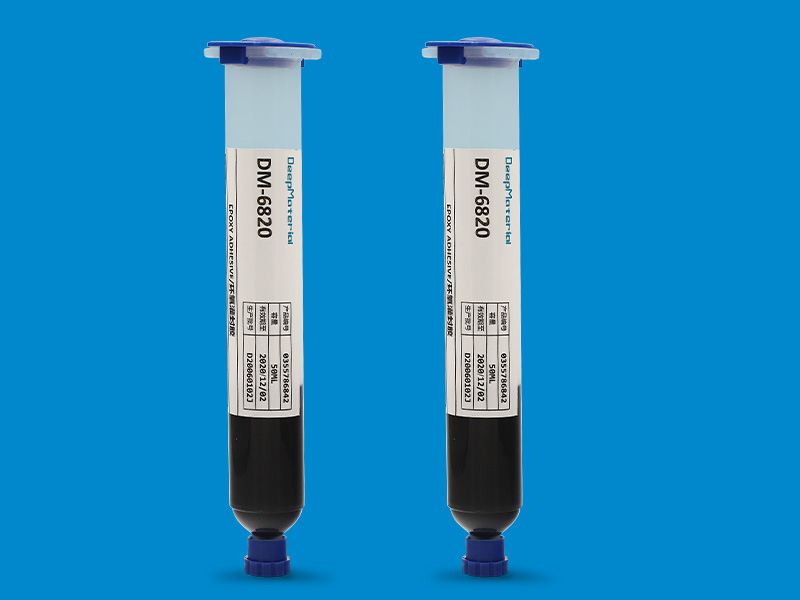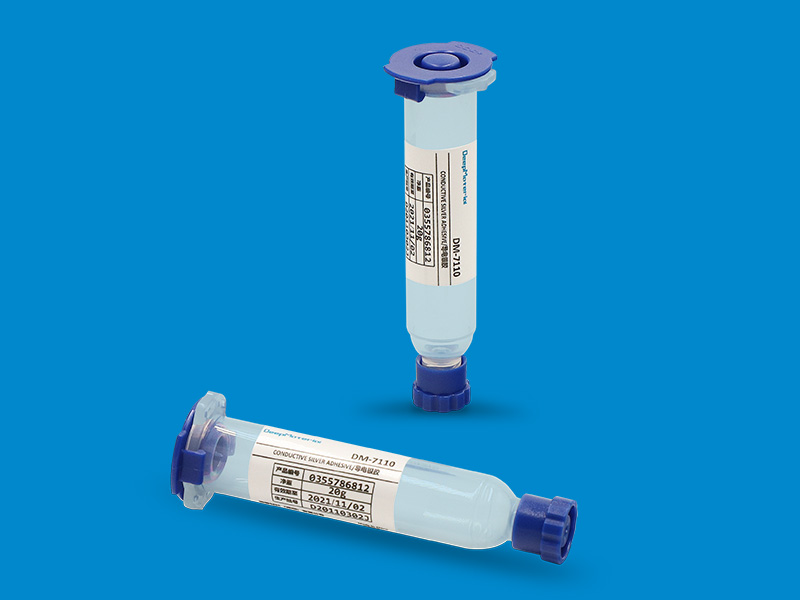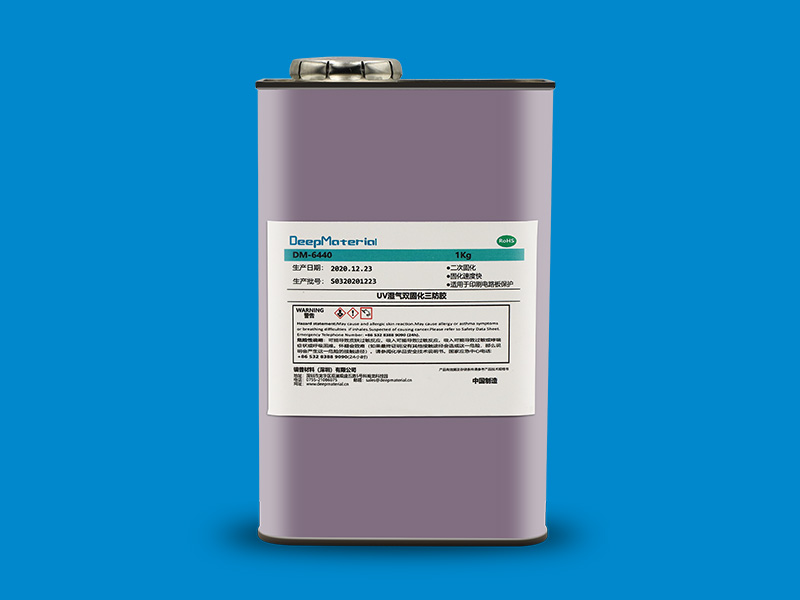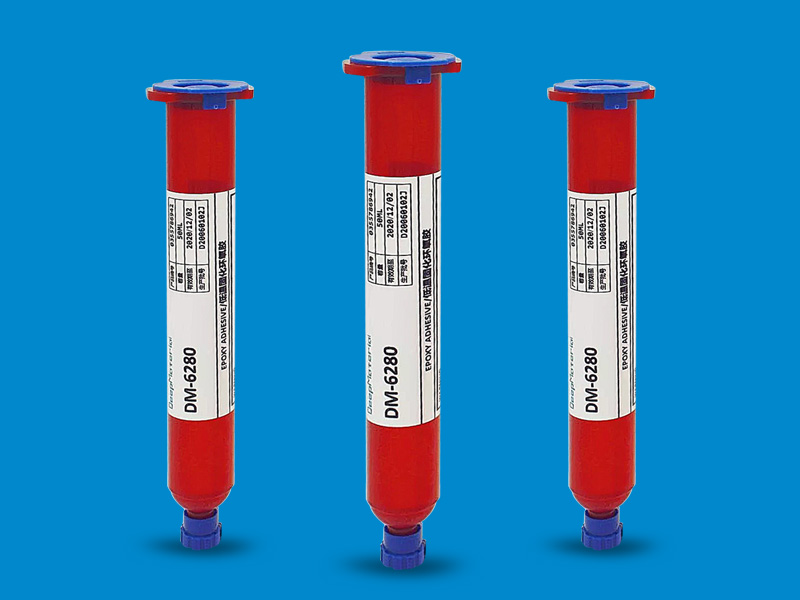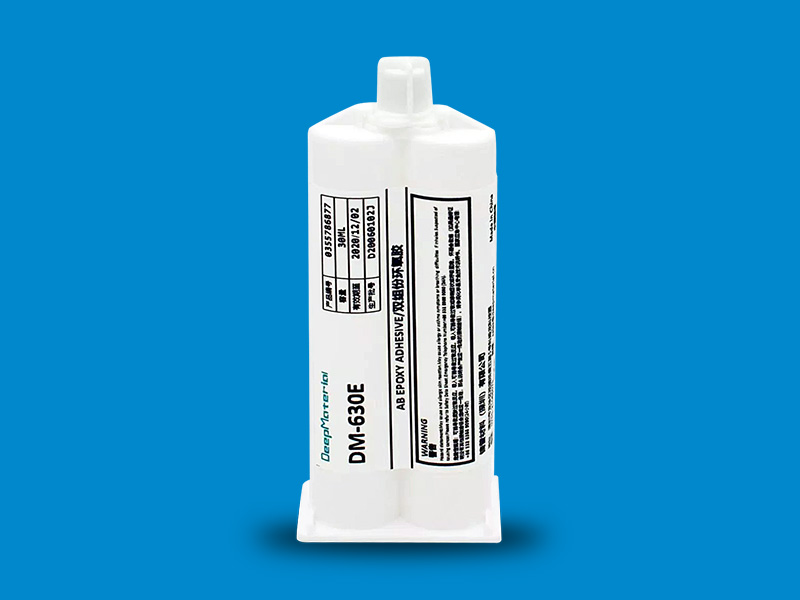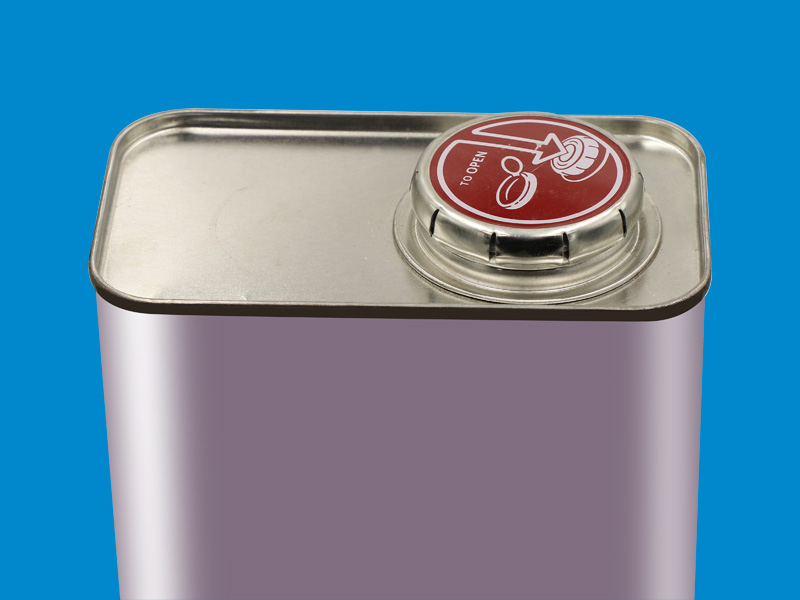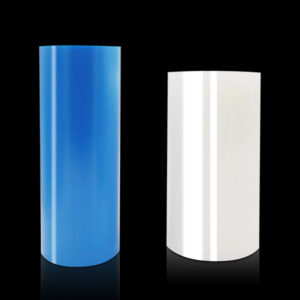How Electronics Encapsulation Epoxy Is Transforming The Electronics Industry
How Electronics Encapsulation Epoxy Is Transforming The Electronics Industry
The electronics industry has been revolutionized by the introduction of electronics encapsulation epoxy. This material has transformed the way electronic devices are manufactured, protected, and maintained. With its unique properties, electronics encapsulation epoxy has become a game-changer in the industry. In this blog post, we will explore how this material is transforming the electronics industry and why it is becoming increasingly popular among manufacturers and consumers alike.

Importance of Encapsulation in Electronics
Encapsulation is a crucial step in the manufacturing process of electronic devices as it ensures that the electronic components are protected from external factors that could cause damage or malfunction.
The process involves sealing the components in a protective material, which can be made of various materials such as plastic, epoxy, or silicone. This protective material acts as a barrier against moisture, dust, and other environmental factors that could potentially harm the electronic components.
In addition to protecting the electronic components from external factors, encapsulation also helps to improve the electrical insulation of electronic devices. This is because the protective material used in encapsulation is typically an insulator, which means that it does not conduct electricity.
By surrounding the electronic components with this insulating material, any electrical current flowing through the device is contained within the circuit and does not leak out into the environment. This helps to prevent electrical interference and ensures that the device operates as intended.
How Electronics Encapsulation Epoxy Works
Epoxy is a type of adhesive that is used as an encapsulant in the electronics industry. It works by forming a protective layer around electronic components that helps to prevent damage from environmental factors. Epoxy has excellent adhesion properties and can bond well with a variety of materials, including metals, plastics, and ceramics.
The chemical properties of epoxy make it an effective encapsulant. Epoxy is a thermosetting polymer that hardens when exposed to heat or UV light. This makes it an ideal material for encapsulating electronic components because it can form a strong bond with the components and provide excellent protection against environmental factors.
Benefits of Using Electronics Encapsulation Epoxy
There are several benefits to using electronics encapsulation epoxy in the manufacturing process of electronic devices. One of the main benefits is increased durability and longevity of electronics. Encapsulation helps to protect electronic components from moisture, dust, and other environmental factors that can cause damage or malfunction.
Another benefit of using electronics encapsulation epoxy is protection from moisture, dust, and other environmental factors. This helps to improve the reliability and performance of electronic devices.
Finally, electronics encapsulation epoxy provides improved electrical insulation for electronic devices. This helps to prevent electrical shorts and other problems that can occur when electronic components are exposed to moisture or other environmental factors.
Applications of Electronics Encapsulation Epoxy
In the medical device industry, electronics encapsulation epoxy is used to protect sensitive electronic components from bodily fluids and other contaminants. This is particularly important in devices such as pacemakers and insulin pumps, where any failure could have serious consequences for the patient.
In the consumer electronics industry, epoxy is used to protect components in devices such as smartphones and laptops from damage due to drops, spills, and other accidents.
Aside its protective properties, electronics encapsulation epoxy also provides excellent adhesion and can be formulated to meet specific performance requirements, such as high temperature resistance or low shrinkage. Overall, electronics encapsulation epoxy plays a critical role in ensuring the reliability and longevity of electronic devices across a wide range of industries.
Trends in Electronics Encapsulation Epoxy
There are several trends in electronics encapsulation epoxy that are shaping the future of the industry. One trend is advancements in epoxy technology. New formulations are being developed that provide better protection against environmental factors and improved electrical insulation.
Another trend is increased demand for environmentally-friendly options. Many companies are looking for ways to reduce their carbon footprint and are seeking out eco-friendly options for electronics encapsulation.
Challenges in Implementing Electronics Encapsulation Epoxy
One of the most notable challenges in implementing electronics encapsulation epoxy is cost considerations. Epoxy can be expensive compared to other types of adhesives, which can make it difficult for some companies to justify its use.
Another challenge is difficulty in applying epoxy to certain types of electronics. Some electronic components are very small or have complex shapes that can make it difficult to apply epoxy evenly.
Future of Electronics Encapsulation Epoxy
The future of electronics encapsulation epoxy looks bright. There is potential for further advancements in technology that will provide even better protection against environmental factors and improved electrical insulation.
There is also increased demand for eco-friendly options, which will drive innovation in this area. As more companies seek out environmentally-friendly options for electronics encapsulation, we can expect to see new formulations that are more sustainable and have a lower carbon footprint.
Case Studies: Successful Implementation of Electronics Encapsulation Epoxy
There are many examples of companies that have successfully implemented electronics encapsulation epoxy in their manufacturing processes. One example is a medical device manufacturer that used epoxy to protect sensitive electronic components from moisture and temperature changes. As a result, they were able to improve the reliability and performance of their devices.
Another example is an automotive manufacturer that used epoxy to protect electronic components from moisture and temperature changes. This helped them to improve the durability and longevity of their vehicles.

Final Words on The Role of Electronics Encapsulation Epoxy in the Future of Electronics Industry
In conclusion, electronics encapsulation epoxy plays an essential role in the manufacturing process of electronic devices. It provides protection against environmental factors such as moisture, dust, and temperature changes while improving electrical insulation. As technology continues to advance, we can expect to see further innovations in this area that will provide even better protection for electronic components while reducing our carbon footprint through eco-friendly options. The future looks bright for electronics encapsulation epoxy as it continues to transform the industry and improve the reliability and performance of electronic devices.
For more about how electronics encapsulation epoxy is transforming the electronics industry,you can pay a visit to DeepMaterial at https://www.electronicadhesive.com/potting-and-encapsulation/ for more info.



